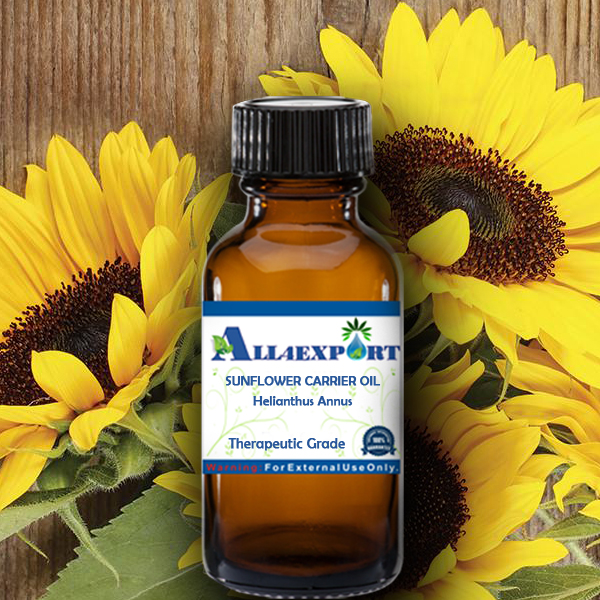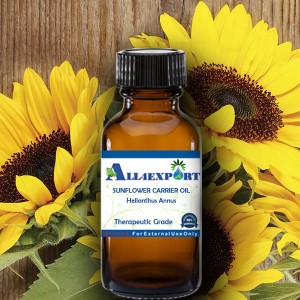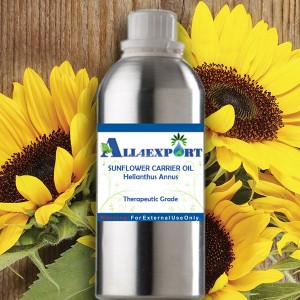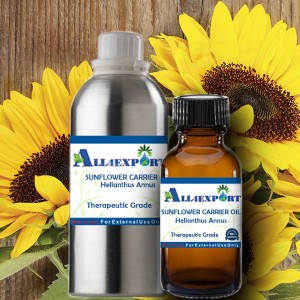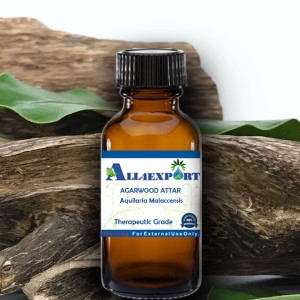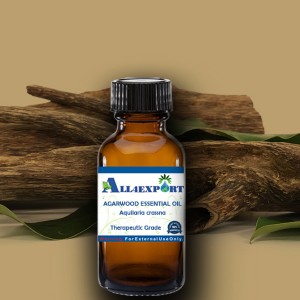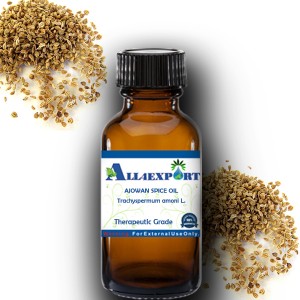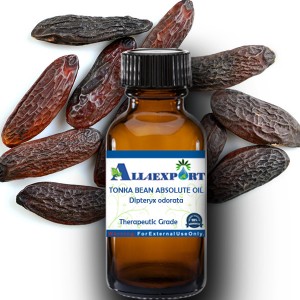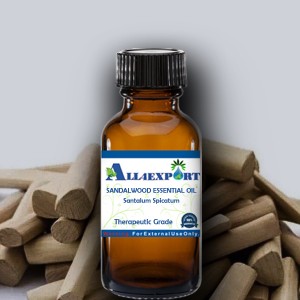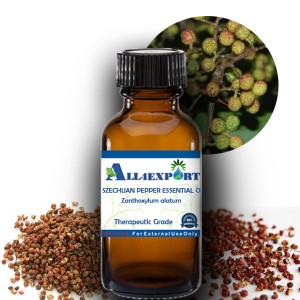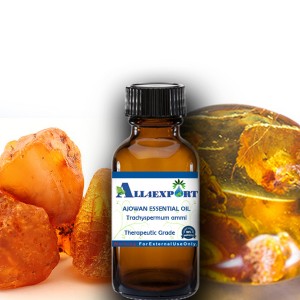| SUNFLOWER CARRIER OIL |
Botanical Name | : | Helianthus Annus | Country of Origin | : | Ukraine, Russia | Solubility | : | Soluble in alcohol and oils. Insoluble in water. | Specific Gravity | : | Not Applicable | Optical Rotation | : | Not Applicable | Refrective Index | : | 1.465 – 1.470 @°C | Plant Part | : | Seed | Bland With | : | Sunflower oil could be used as a base for a massage blend with other vegetable oils added to enhance the blend, but does not make a good massage oil on its own. | CAS No | : | 8001-21-6 | Flash Point | : | >100 °C | Extraction Method | : | Cold Pressed |
|
Description : Sunflower oil is expressed from the seeds of the plant. It has a high content of Vitamins A, B, D and E, minerals, lecithin, inulin, unsaturated fatty acids, and is recognized as a nourishing skin product skin.
|
Constituents : Linoleic- 16.29% Oleic- 74.48% Palmitic- 4.38% Stearic- 2.16% |
Uses :Sunflower oil is used for constipation and lowering "bad" LDL cholesterol. Some people apply sunflower oil directly to the skin for poorly healing wounds, skin injuries, psoriasis, and arthritis; and as a massage oil. In foods, sunflower oil is used as a cooking oil. Sunflower oil is a versatile oil that can be used for aromatherapy oil, massage blends and manufacturing cosmetics.
|
Benefit : Sunflower oil can be recommended for most of the skin types, from normal to oily. Blending aromatherapy essential oils with sunflower carrier oil is a great way to maximize the health benefits these oils provide. |
Caution Note: always use with caution on people with nut allergies.
All of the information and opinions that are provided on this web site are for informational and educational purposes only. This information is not intended to replace medical advice given by a medical practitioner. Anyone considering alternative therapies should consult with their medical professional before using an alternative method of healing. We do not give nor is any opinion on our web site medical advice.
|








